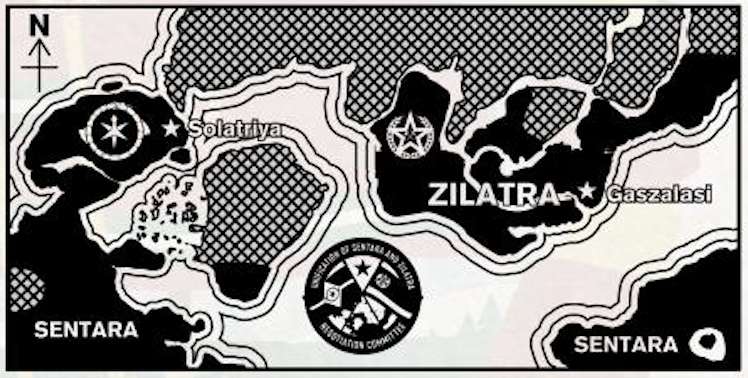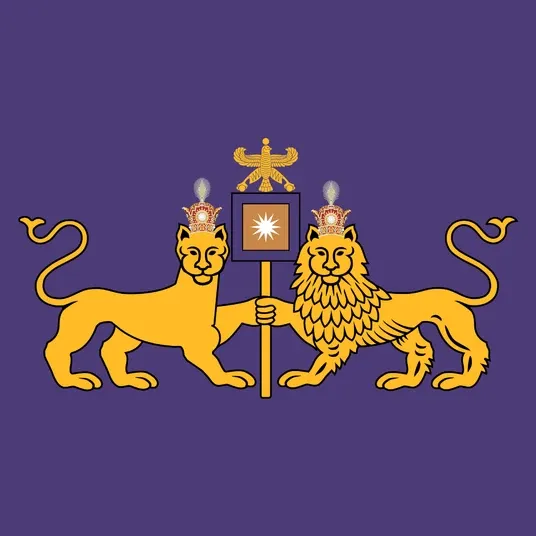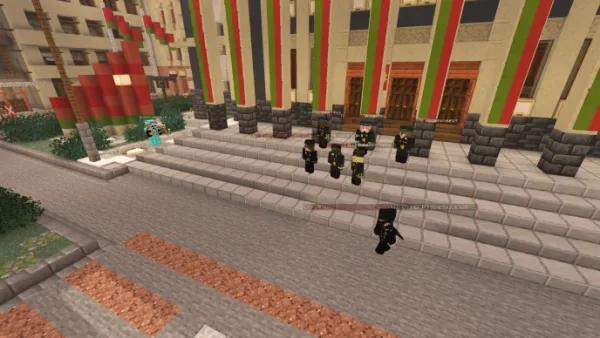Detractors Speak in Face of Backlash
GASZALASI — A common statement from Zilatrans who voted in favour of confederation was that they were confused as to why anyone would vote differently. Those who voted against confederation were initially reluctant to make their opinions known due to the initial highly negative reaction in the immediate wake of the referendum results, which in some cases included threats and expressions of personal resentment.
Comrade Representative Mun Federson, expressed his disdain for such behaviour, saying "Can I speak seriously on this? Stop threatening each other. I'm not taking threats against citizens who voted no seriously."
Comrade Federson later said in an interview "My thinking at the time was that throwing around such threats at voters does no good for them, the people doing it were doing so out of emotion and frustration, and that it was just flat out wrong to do that."
Detractors Cite Public Consultation Shortfalls
Voices expressing issues with the referendum proposal soon made their opinions known, pointing to several substantive and procedural issues that they believe contributed to its narrow defeat. Among these was the limited time between the public consultation forum and the referendum itself, with the referendum being held the very same day the public consultation forum ended. Many have argued that this restricted opportunities for meaningful revisions to the proposed charter based on public feedback.
Comrade Vice Premier Szal si Ahuden raised several key issues held by himself and shared by others regarding the content and communication surrounding the referendum. Comrade Szal cited a lack of clarity in the confederation's objectives, with conflicting messaging suggesting both a formalisation of the status quo and a move toward deeper unification. Other raised issues involved the text of the Revised Confederation Charter itself, such as the absence of an amendment process, ambiguities around legal jurisdiction between Zilatran and Sentaran courts, alongside other shortcomings of structure, grammar, and clarity.
These critiques, coupled with broader social tensions between Zilatra and Sentara, including different attitudes towards Xeroist, governance, and economic direction, have fuelled skepticism about the viability of the confederation in the form it was proposed. Critics argue that addressing these concerns through better communication, clearer documentation, and more robust public engagement will be essential if the referendum and the confederation are to succeed in the future. ◾︎





